Brothers share rare condition

You’re anticipating the birth of your first child. At 20 weeks into your pregnancy you have a sonogram done to find out the baby’s sex.
That’s when your world suddenly changes. You learn the baby is a boy but medical personnel are unable to measure his legs. A specialized ultrasound is ordered, and you are told your baby might have a lethal form of skeletal dysplasia. You get a second opinion and decide against amniocentesis and termination.
The baby is born at 37 ½ weeks and is immediately tested. It’s determined he has partial trisomy on chromosome 17 and partial monosomy of chromosome 3.
This is the news Mallory Westerheide and her husband, Matthew, received four years ago after the birth of their son, Micah.
“They (doctors) can’t find another kid with it,” says Mallory. “I typed it in Google and found one case in the UK (United Kingdom) from 1982.”
The chromosome abnormalities, which stem from his father, means Micah’s long bones are short in both his arms and legs. He has had other developmental delays along with additional health issues.
Micah also was diagnosed with a tethered spinal cord – a neurological disorder caused by tissue attachments that limit the movement of the spinal cord within the spinal column. It wasn’t until he was about 18 months, when his feet began turning inward, that he had surgery.
Mallory said doctors told her Micah wouldn’t walk until he was 4 or 5.
“In my head I said I’m not going to carry my child until he’s 4. He’s going to walk before that,” she says.
With various therapies, including aquatic and therapeutic horseback riding, Micah began walking at 2-and-a-half years old. Today, at age 4, he’s constantly on the go, often running because, due to low muscle tone, it’s easier than walking. He also started skiing this winter.
Micah is also still basically non-verbal and continues to receive speech therapy. In fact, he has been receiving a variety of supports since the family was referred to Richland Newhope when Micah was about eight months old. Initially, speech, occupational, and physical therapies were coordinated through Help Me Grow and Early Intervention. When he turned 3, he began attending preschool classes at the Early Childhood Center.
While Micah has made significant progress, the family’s challenges grew with the birth of their second son, Maximus, in November 2015. Mallory says at 20 weeks into the pregnancy an ultrasound showed Max likely had the same condition as Micah.
Born a month early, Max spent more than a month in the hospital and was slow to gain weight, even though he was taking his bottle. Mallory says her youngest son screamed six times a day for eight months.
“The scream he had was awful,’ she says. “It was a living nightmare.”
Trips to specialists in Cincinnati and Akron ultimately determined Max had infant tantrums to the extreme – a condition that typically doesn’t start until age 1.
Mallory put Max on “hind” breast milk and the screaming decreased.
“He only does it now when he’s upset or tired,” says his mother. “When he’s tensing up, his body is pushing out the air. It has been a long road.”
While Max did not have a tethered spinal cord like his brother, he still is delayed in most areas, including walking. Both boys are small for their age and also have heart conditions. Micah was diagnosed with a PDA (Patent Ductus Arteriosus) which had to be plugged. Max has a PFO (Patent Foramen Ovale) or hole in the heart that’s expected to close on its own.
Max began receiving services from Richland Newhope at birth.
“The whole EI team that I had for Micah came back…so they know kind of what to expect because they had Micah,” says Mallory. “They’re like family pretty much. I see them more than family and friends because they’re here all the time.”
Mallory, who has a teaching license, says Micah is doing well in preschool and thinks Max “babbles” more than his brother did at a year old. She has established a Facebook page, Micah and Maximus’ Journey with Abnormal Chromosomes, in hopes of connecting with other families facing similar issues.
She’s also a strong proponent of early intervention.
“I would recommend early intervention in a heartbeat,” says Mallory. “It’s free and they come to you. There are resources out there that people need to take advantage of. They’re there for you.”
Her advice for other parents of children with special needs: find a good set of friends who will help and don’t be afraid to ask questions to get the services you need.
Also, don’t underestimate what these kids can do.
“I expect everyone who interacts with them to set the bar high because it gives them something to reach for; and they can do anything they want to do,” adds Mallory.
« Back to StoriesRichland County Board of Developmental Disabilities
314 Cleveland Avenue
Mansfield, Ohio 44902
Phone: 419-774-4200
Fax: 419-774-4207
SSA After Hours On-Call:
419-774-4244
MUI After Hours On-Call:
419-774-4244
